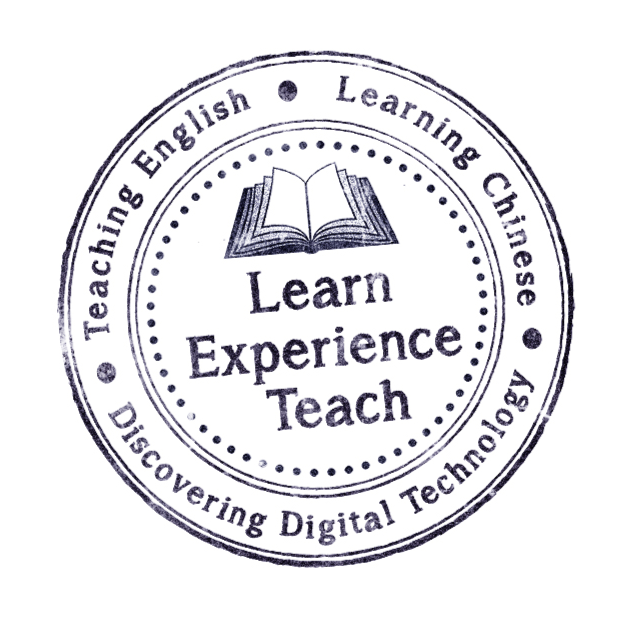Theories of Parental Involvement: Parental Influences on Achievement Motivation and Student Engagement
“There exists a shared understanding that healthy and academic and psychosocial development cannot occur if key constituents of the child’s upbringing – parents, teachers, and community members – operate in a vacuum or, worse, are in conflict.” (p323). If greater parental involvement leads to positive academic and motivational outcomes, then schools must enact policies and procedures that involve parents in their children’s lives. So we all, teacher, student, parent, alike, have a responsibility, and we all need to communicate our understanding and practice of those responsibilities clearly.
This paper suggests that parents can influence student engagement through parental involvement with homework, parenting style and the transmission of educational values. Epstein’s (1995) typology of six types of family-school connections, conceptualises this idea by placing the child at the centre of home, school and community, reminding us that we all need to work in collaboration in order to foster learning and development. And starting from Bronfenbrenner’s (1977) mesosystemic approach, Christenson & Sheridan (2001) have established the 4 A’s – the school conditions necessary to establish strong partnerships:
i) Approach – a genuine respect for parents and the different ways they can become involved
ii) Attitude – a respect for parents’ perspectives and views parental involvement as essential for student success
(iii) Atmosphere – an environment that supports interactions between home and school
(iv) Actions – once these three conditions are in place, the development of actions to support strong family-school relationships
Theories of Parental Involvement: Parental Involvement in Early Learning, a review of research, policy and good practice
This paper gives insight into the current theories and practices in relation to parental involvement in early learning in the Netherlands, based on national and international research literature, policy reports, as well as discussions with key informants which took place between September 2011 and January 2012. They answer some key questions in succinct fashion:
Why involve parents in early learning?
Parents are children’s first and most enduring educators.
Parents and what they do have a profound effect on children’s learning
Parents and professionals working in partnership benefit children
What factors need to be taken into account?
The extent and form of parental engagement in early learning is strongly influenced by a family’s social class, mothers’ level of education and psychosocial health, single parent status, and, to a lesser degree, family ethnicity.
Fathers and male practitioners have tended to be invisible in services for young children.
Children, mothers and fathers and practitioners all have a role to play in early learning.
Parents and practitioners may need support to make these learning partnerships work.
What factors that underlie the relationship between parents and practitioners?
Lack of confidence – on part of both parents and practitioners regarding mutual communication
Different understandings and expectations – of each other’s contribution to children’s early learning
Differences in views – between parents and practitioners regarding respective responsibilities for child-rearing and education
Lack of attention to skills necessary – to work with parents and families in pre-service and in-service training of practitioners.
What do we learn from case studies of good practice?
The benefits of a continuum or joined-up services for young children and their families.
Political commitment and a longterm vision
Importance of engaging fathers as well as mothers in supporting their children’s learning
Viewing parents, practitioners and children all as active learners
Attention to ensuring that practitioners are skilled in responding to a diversity of families and parents
My Thoughts
The research outlines a criteria for good practice with regards parental involvement and student learning. And using this criteria will direct me as I design of an object that may facilitate parental involvement of my student’s learning English. The advice seems to be that I should not work in isolation but seek out a partnership with my student’s parents, encouraging those of diverse backgrounds to participate, particularly male members of the family. And I think that whether I design an object or an activity, it ought to be community-based, with a dedicated time or a section of a platform, dedicated to sharing knowledge, where interested parties may ask and answer questions.


